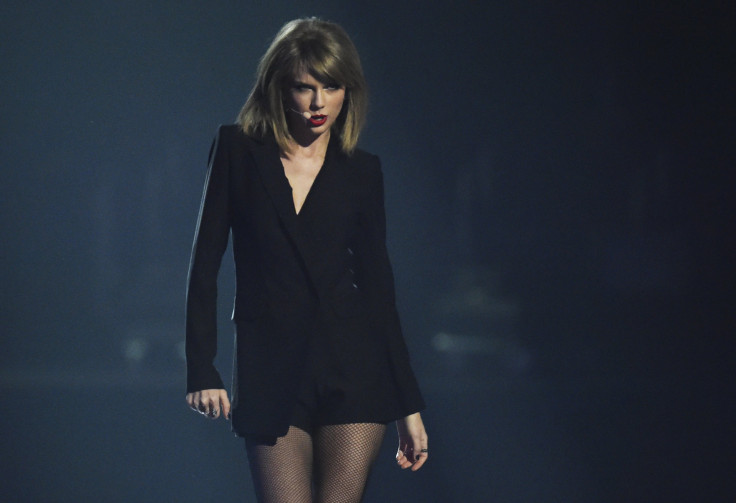Taylor Swift A Hypocrite? Apple Music Letter Draws Stinging Rebuke From Concert Photographers

Taylor Swift may be getting hailed as a champion of artists’ rights. But there’s a big sector of the creative class that now sees her as a hypocrite.
Over the weekend, Swift published a note on her Tumblr taking Apple Inc. to task for deciding not to pay artists and rightsholders for music streamed on Apple Music during the free trial that will begin on June 30. The post endeared her to musician advocates, but infuriated a number of music photographers, who for years have complained bitterly that Swift and Firefly Entertainment, the production company started by Swift’s father, have pressured photographers to accept limiting, onerous terms for access to her shows, including signing over the rights to their work forever.
“She's taken a stand against Apple for doing the same thing she's doing to us,” said Jason Sheldon, a British photographer who published an open letter calling out Swift over the weekend. “It takes bread off our table.”
Under normal circumstances, photographers are allowed to license or resell their work again and again after the first use. But all the photographs taken at a Taylor Swift show become her property after the show ends, and the photographers who took them have no claim to them.
Swift has been forcing photographers to sign these contracts, which are sometimes called rights grabbing agreements, since at least 2011. After a photographer goes to a show, shoots Swift and is paid by whichever magazine or website secured a press pass, those photos become the property of Swift and her managers, which prevents photographers from licensing or reselling those photos later. In some cases, these agreements even prevent photographers from displaying those shots in materials they use to secure future jobs.
And while she is certainly not the only artist to do this, she is the first one to stand up and say that artists deserve the right to retain some control over their intellectual property and monetize it in a fair way. “These types of provisions are a ‘David and Goliath’ type of proposition,” said Rachel Brenke, the head attorney at LawTog. “There's a double standard.”
Within hours of her post making the rounds on Tumblr, photographers all over the world began attacking the hypocrisy of her position.
.@taylorswift13 lambasts @AppleMusic over free music demand yet demands free photos else she'll smash your camera pic.twitter.com/SNh38xwn4D
- Joel Goodman (@pixel8foto) June 21, 2015A few photographers even saw the episode as a chance to change how Swift compensates photographers.
Congrats @taylorswift13 changing apple, but why do you use a rights grabbing contract for photographers? not fair @GigPhotogs @MusicPhotogs
— Matthias Hombauer (@MatHombauer) June 22, 2015© Copyright IBTimes 2025. All rights reserved.





















